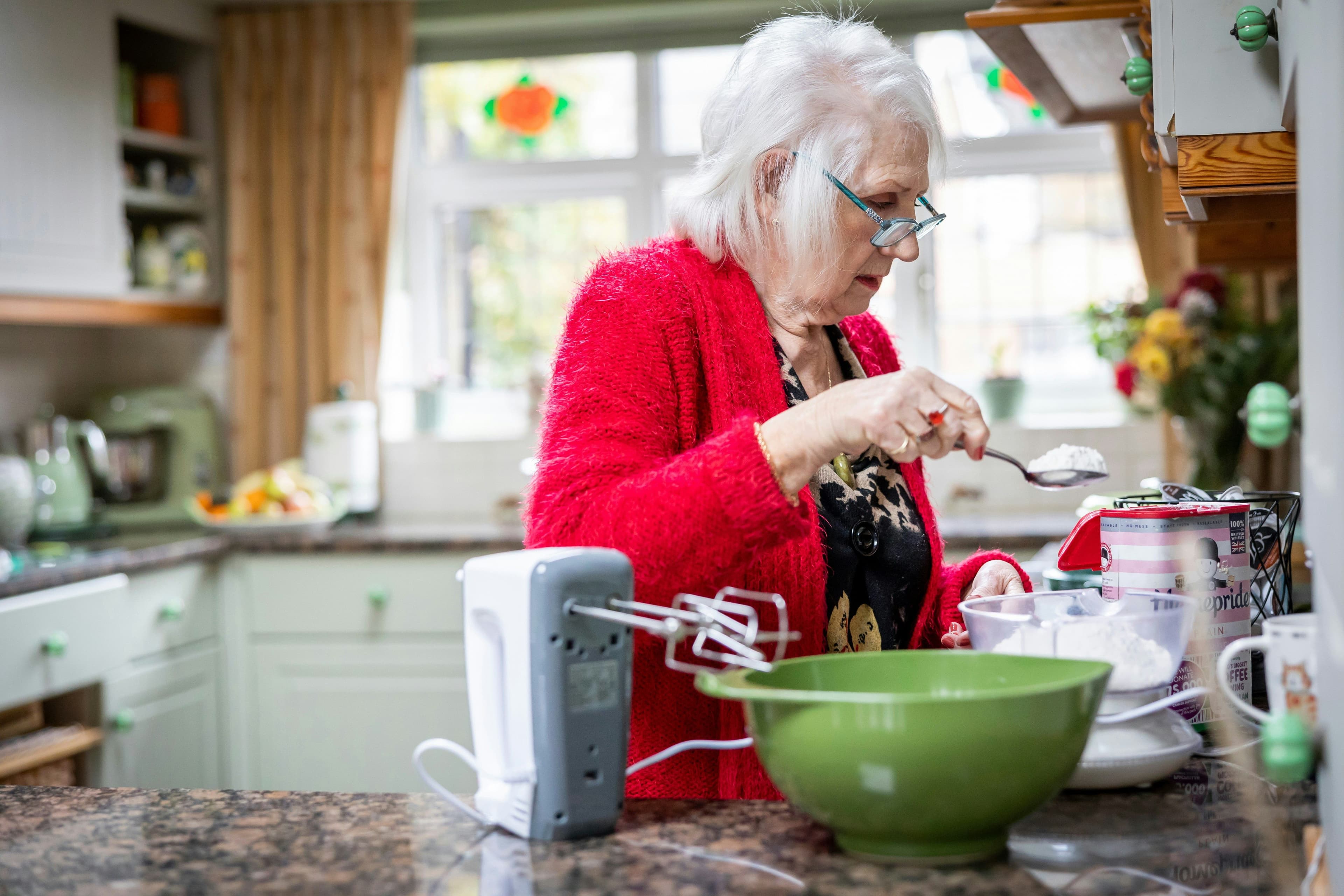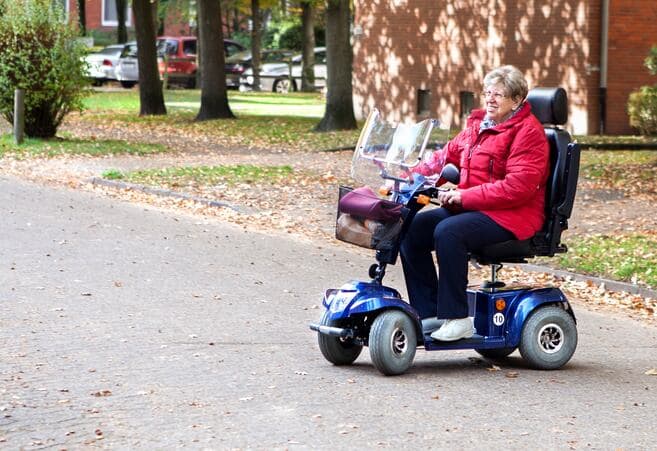Caring tips
What Are the Signs That a Loved One Needs Home Care?
Scroll down

13 January 2025
|
4 min
Recognizing the signs that a loved one needs home care can be challenging, especially when the loss of independence happens gradually. However, intervening at the right time can help preserve their quality of life and ensure their safety while providing the support they need. Here’s a list of common signs that indicate your loved one might benefit from home care services, along with useful resources to take action.
1. Struggles with Daily Tasks
One of the first warning signs is increasing difficulty managing everyday tasks such as:
- Household maintenance: Accumulated dust, piles of dishes, or unwashed laundry.
- Meal preparation: Skipped meals, unbalanced diets, or untouched groceries.
- Errands and essentials: Empty fridge, unrenewed prescriptions, or missed grocery shopping.
If you notice these issues, consider exploring domestic assistance or meal delivery services like those offered by Bien Chez Soi or Meals on Wheels.
2. Changes in Appearance or Personal Hygiene
Neglecting personal hygiene can indicate a loss of autonomy:
- Wearing dirty or unwashed clothes for several days.
- Unkempt hair or nails.
- Noticeable body or breath odor.
Home care providers specializing in hygiene assistance can help improve these aspects and contribute to overall well-being. Learn more about these services on the Network of Social Economy Enterprises website.
3. Increasing Social Isolation
A loved one isolating themselves might struggle with mobility or feel reluctant to impose on others. Signs to watch for include:
- Fewer phone calls or visits with family and friends.
- Withdrawal from social activities.
- Sadness or anxiety due to loneliness.
Home care providers can also play a social role by offering regular and comforting visits. Discover tailored programs on the L’Appui for Caregivers website.
4. Frequent Falls or Mobility Issues
Frequent falls or difficulty moving around can pose significant safety risks:
- Trouble climbing stairs or standing up from a chair.
- Unexplained bruises, which could indicate recent falls.
In such cases, consider installing devices like a fall detection bracelet or making home modifications. Find solutions through Protégez-Vous or local companies specializing in home adaptations.
5. Memory Problems or Confusion
Cognitive issues can also indicate the need for assistance:
- Forgetting appointments, meals, or medication.
- Difficulty performing simple tasks or following conversations.
- Misplacing items or storing them in unusual places.
If these signs appear, personalized support is essential. Explore resources for those with cognitive disorders on the Alzheimer Society website.
6. Behavioral Changes
Mood swings, irritability, or a lack of interest in usual activities may indicate emotional or physical distress:
- Symptoms of depression or anxiety.
- Refusal to accept help or withdrawal.
- Unusual agitation or confusion.
Regular, compassionate assistance can help restore routine and emotional stability. Consult home care professionals for tailored support.
7. Financial Management Issues
A loved one may struggle to manage their finances, leading to:
- Unpaid bills or an accumulation of mail.
- Unusual spending habits or financial abuse.
Home care services can also include support for handling administrative tasks and reducing stress.
8. Weight Loss or Physical Health Changes
Unexplained weight loss or frequent complaints of fatigue might indicate a need for help with:
- Following a balanced diet.
- Taking prescribed medications correctly.
- Managing regular medical appointments.
Professional support can improve quality of life and prevent worsening health problems.
Taking Action: Key Steps
If you recognize one or more of these signs, here’s how to proceed:
- Talk to your loved one: Discuss your observations empathetically and without being intrusive.
- Consult a professional: A doctor or social worker can assess your loved one’s specific needs.
- Explore home care solutions: Reach out to companies like Bien Chez Soi or consult resources from organizations like L’Appui.
- Look into financial aid: Take advantage of programs like the tax credit for home support to reduce service costs.
Conclusion
Identifying the signs that a loved one needs home care is a vital step in ensuring their safety and well-being. With tailored solutions, you can enhance their quality of life while easing the burden on caregivers. Take the time to assess their needs and explore the many available options to provide the support they deserve.
Need personalized assistance? Contact Bien Chez Soi to discover how our services can make a difference.




